
The beginning of a new school year is the perfect opportunity to get writing workshop off to a great start! And I know many of you are planning for back to school now. So today I’m sharing my favorite ways to get started with writing workshop at the beginning of the year.
The key to establishing a successful writing workshop is to engage your students from day one. So don’t start with any of those boring lessons (like how to write a paragraph), okay? Instead, get kids excited about writing by jumping right into a fun writing project.
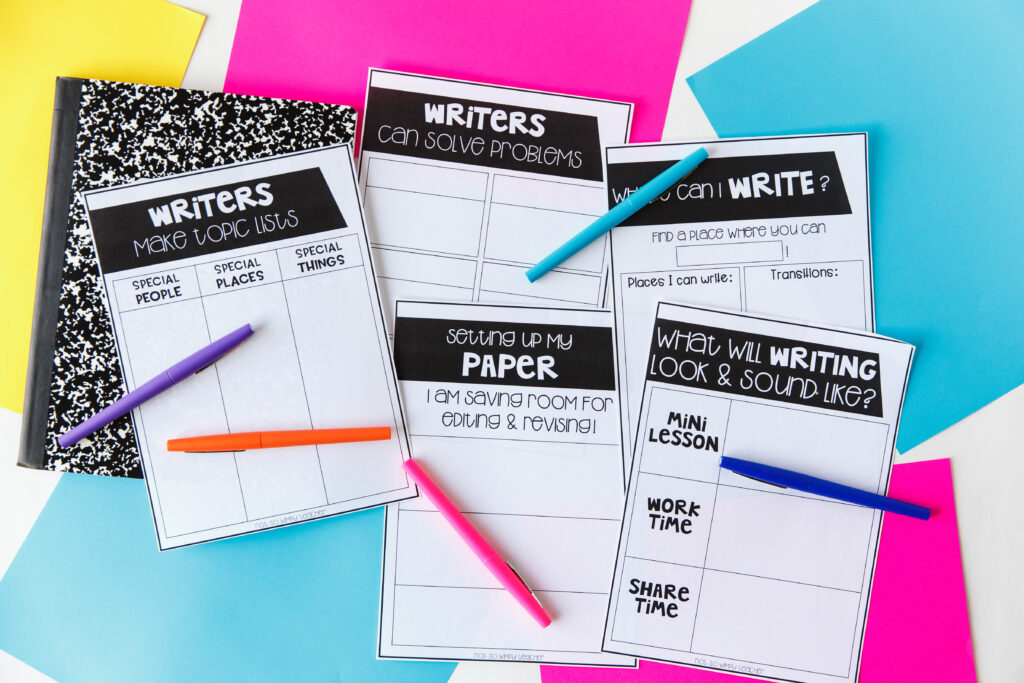
Make Writing Time a Priority
Make sure to set aside time for writing workshop every day (or at least four days a week), beginning the very first week of school. Your students need 30-45 minutes of daily writing time to become better writers.
By establishing a chunk of time for writing workshop you demonstrate that writing is an important skill and one that takes time to master. You also ensure that you have time to teach writing and that your students have time to practice new writing skills. Making time for writing workshop every day sends a clear message to your students that writing is a valued skill in your classroom.
Let me be clear…teaching writing is not the same thing as writing time. Even if you have a “work-on-writing” center in your Language Arts block, or you use journals as morning work, neither of these activities provides the direct instruction your students need to become better writers. For ideas on how to fit writing workshop into your day, check out this post.
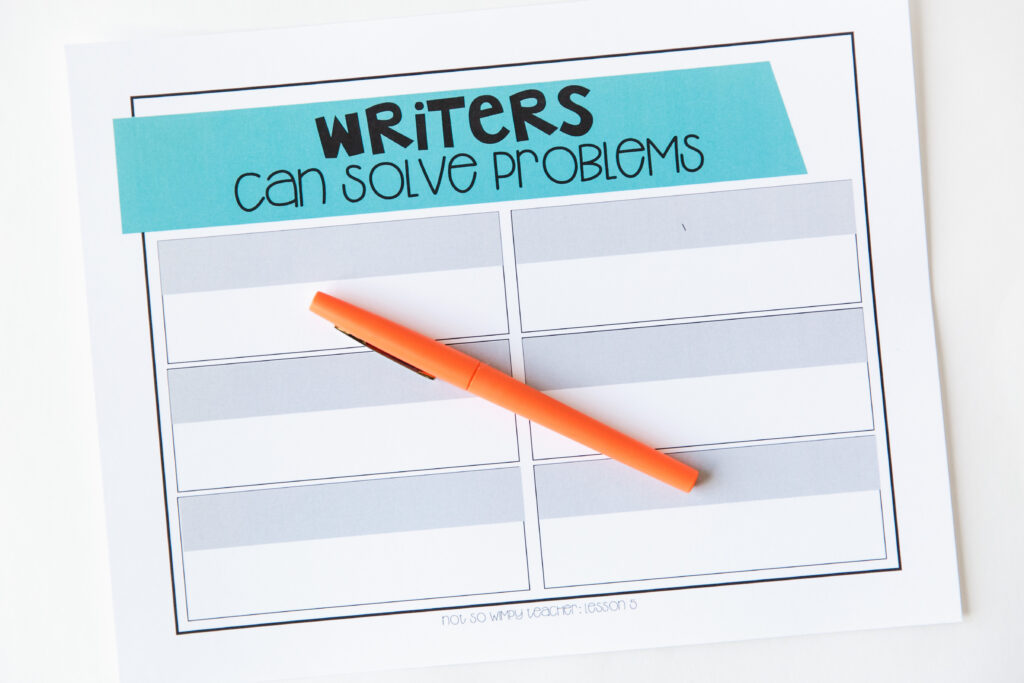
Establish Expectations
The first weeks of school are dedicated to establishing classroom routines. And writing workshop is no different. When you get started with writing workshop at the beginning of the year, you will want to spend plenty of time teaching proper procedures.
I know it can feel uncomfortable to take so much time away from instruction. When neighboring teachers start posting writing craftivities in the hall, you might feel behind. But trust me, and trust yourself, the time you dedicate to properly teaching procedures at the beginning of the year will save so much time, and stress, later.
You will want to teach your students:
- How to come to and leave the carpet quickly and quietly for mini lessons
- How to choose a place to write
- Where to find writing supplies and how to quickly gather materials
- How to use a writing implement
- What independent writing time looks and sounds like
- How to set up their paper to be ready for revisions
- What sharing time looks like in your classroom
- How to solve their own problems
And FYI – teaching procedures doesn’t have to be boring. One of my favorite ways to teach procedures is to teach students what NOT to do. Students love this!
After you’ve carefully taught a new procedure, like how to come to the carpet for a mini lesson, call on a student and ask them to demonstrate what not to do. Bonus points if you pick one of your students who thrives on a little extra attention. You know, the one who’s likely to not follow these procedures on any given day. 😉
While your student helper demonstrates what not to do there will be lots of laughter. This is a good thing. It means your kiddos are having fun and learning that writing workshop, and your classroom, is fun.
It’s important that after you’ve debriefed all the things that your helper did wrong, you ask the student to remodel the behavior showing how to do it correctly.
Find Out What Kids Know
You will want to do a pre-assessment when you get started with writing workshop. It’s important to know what skills your writers are bringing to the classroom.
While it might be tempting to think that all your students will master all the writing standards and leave your classroom as perfect writers, that is not a realistic goal. But the purpose of writing workshop isn’t to perfect writing, but rather to grow as writers. When you compare end of the year writing projects to the pre-assessment it is easy to measure student growth.
The pre-assessment will help you plan your mini lessons. It will also allow you to group kids with similar abilities for writing conferences. Finally, it will help you evaluate student growth over the course of the quarter and the year.
Keep pre-assessments short and simple. A simple prompt that asks students to write about something they know, like something they did over the summer, their favorite thing about their teacher last year, or what they like to do for fun is perfect. This makes it easy for them and helps you get to know them a bit.
You will also want to set a time limit. If you don’t give kids a specific amount of time they will write on and on and on.
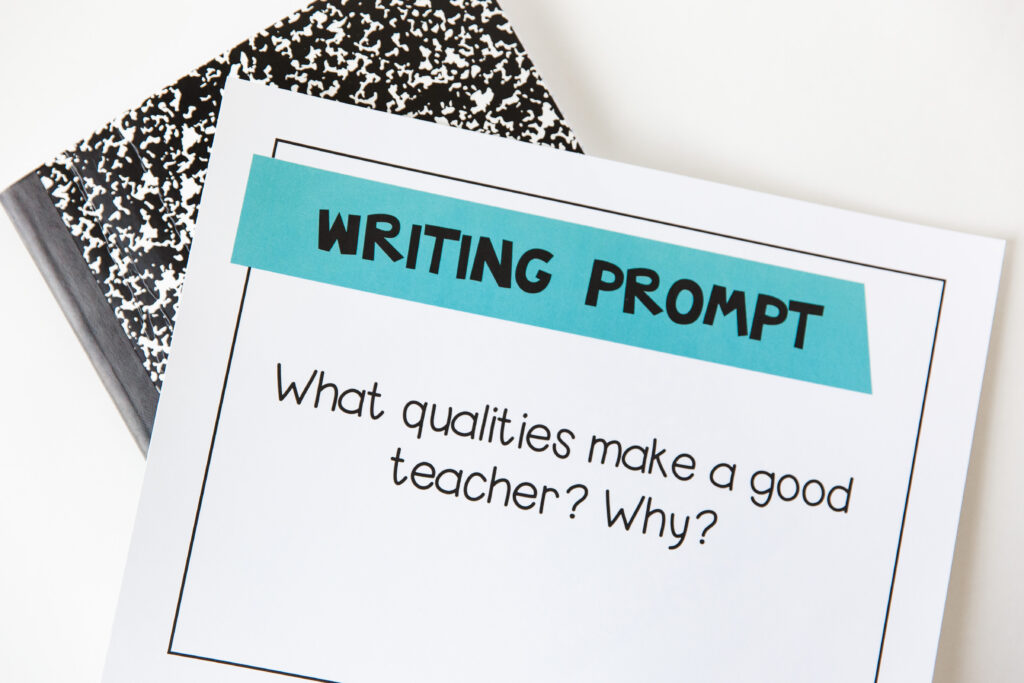
Work on Stamina
The final thing to focus on when you first get started with writing workshop is building writing stamina. At the beginning of the year, it is normal for your kids to have very short attention spans.
The first step to increasing stamina is to set a class goal. It should be between twenty and thirty minutes, depending on the length of your writing block. Come up with a reward when they reach the goal: a fun Friday, a pajama day, extra recess, etc…
Have students practice the procedures to get their materials and get to their writing spot. Then give them a super simple writing prompt. You aren’t concerned about what they write, but rather how long they write. It can be as simple as a list of “things I love about summer.” You will need a new prompt every day.
Then set the timer. It’s great if you can write along with them, but be sure to keep an eye on your kiddos. As soon as you see that your students are starting to wiggle around and have stopped writing, stop the timer, and celebrate. Share how long they have written for and show pride that they are already working on the goal. You can even graph their progress.
Keep doing this all week. Most days, your student will do better than the day before. But be prepared; there is going to be a day or two when they don’t beat their best time. Use this as a teachable moment to discuss what went wrong and troubleshoot.
Keep working on stamina, and don’t start teaching writing until your students can meet your time goal.
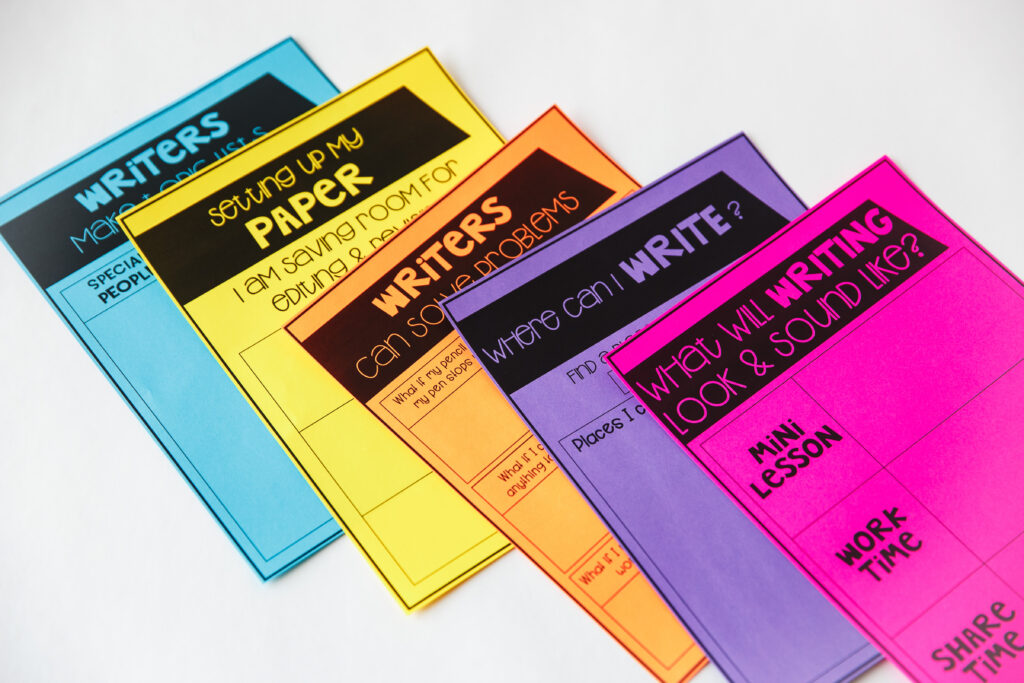
If you’re looking for more tips on teaching writing, you might like How to Plan an Entire Year of Writing Lessons, How to Teach Writing When You Don’t Have Time, or 5 Things You Don’t Have to Do When Teaching Writing.
Work With Me
And, if you want more tips on how to make teaching writing easier, you’ll love my Not So Wimpy Writing Masterclass. I specifically developed this online professional development course for teachers in grades 2-5 to help simplify writing workshop and provide the tools and strategies you need to be a more confident writing teacher.
You’ll learn tried and true strategies for how to teach writing, including how to:
- Teach writing in units
- Create manageable mini-lessons
- Keep students on task during independent writing time
- Implement a successful writing workshop without chaos and confusion
- Transform ALL your students into eager and excited writers who have the skills needed to perform well on standardized tests
In short, this course is designed to help you become a more confident writing teacher, regardless of what writing curriculum you have (or don’t have).
And the Masterclass is so easy to take. It’s entirely online! You can watch whenever and wherever works best for you. And you get lifetime access to the course, which means you can return to the videos over and over again.
Registration for the Not So Wimpy Writing Masterclass is currently closed. Be sure to sign up for the Waitlist so you will be the first to know when we open it again. Sign up now so you don’t miss out!
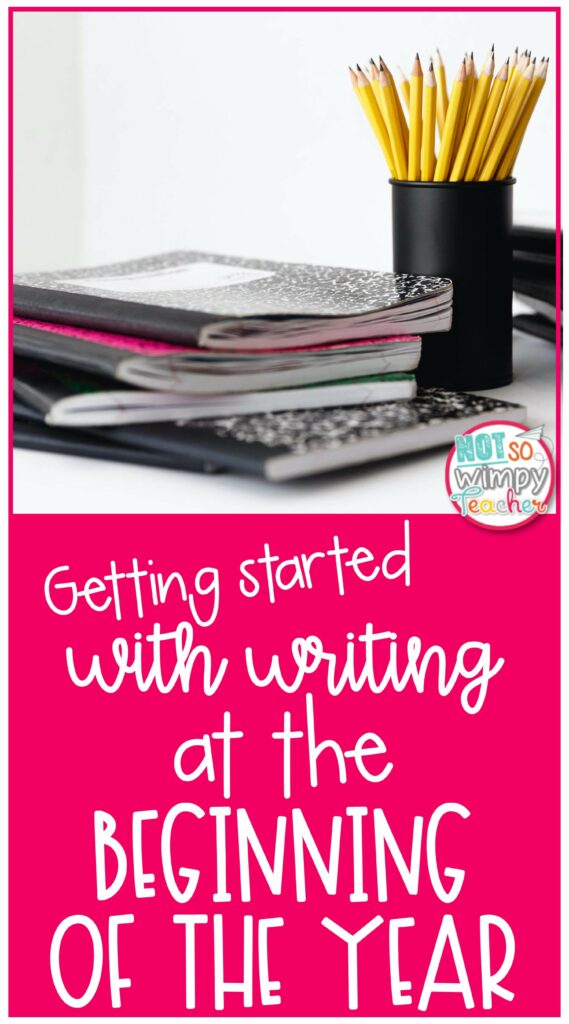
Have a Not So Wimpy Day,


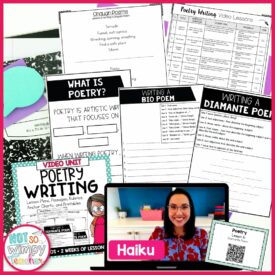


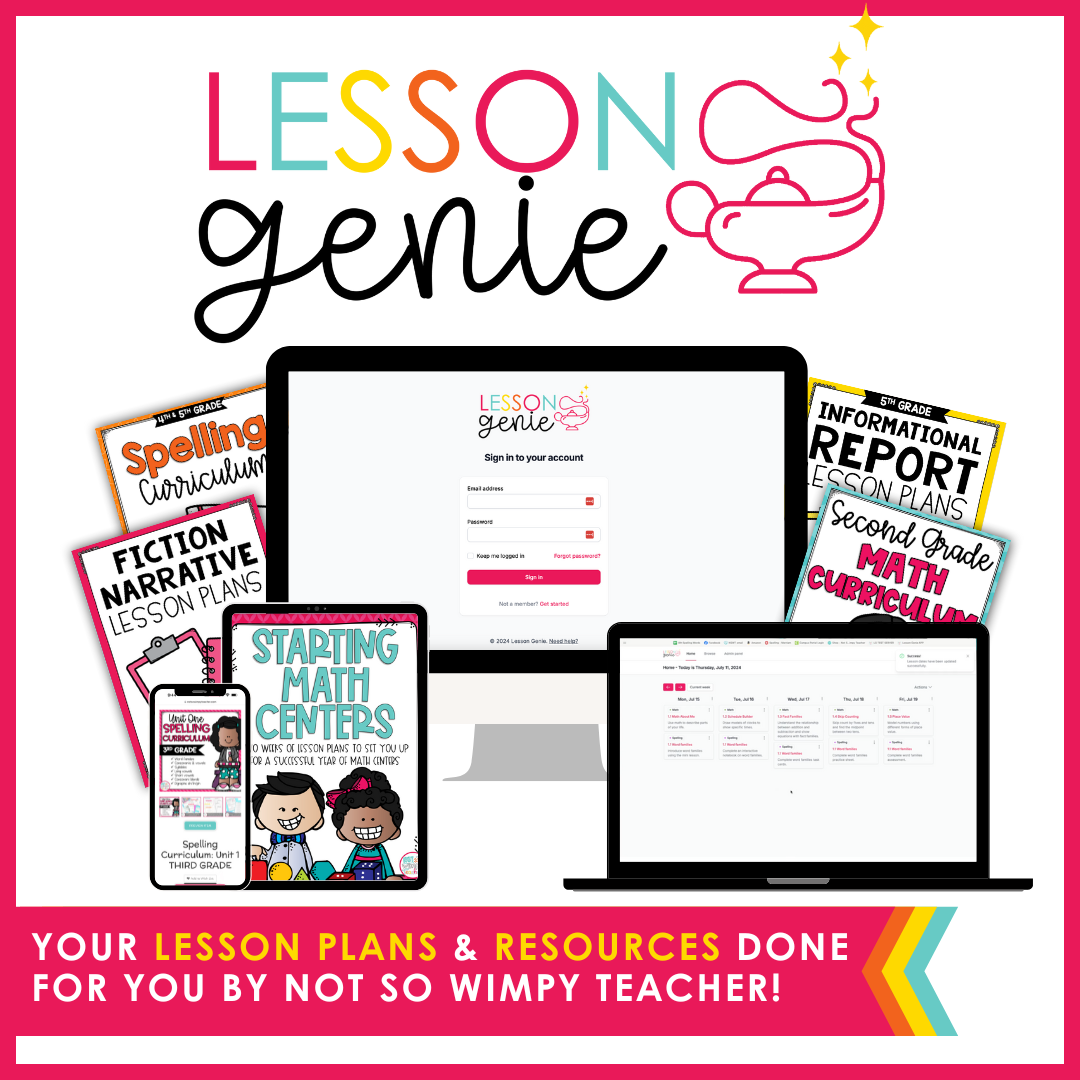
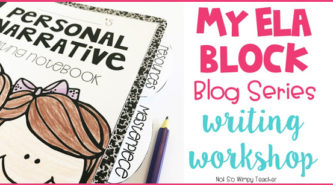
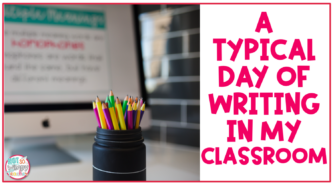
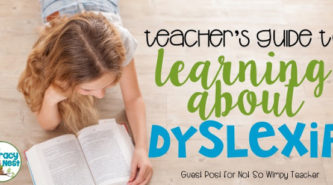
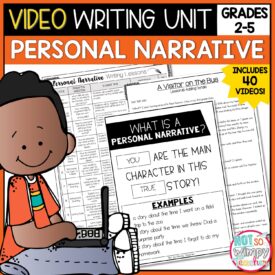
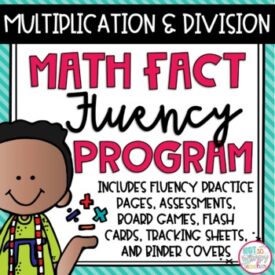
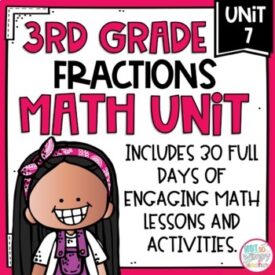
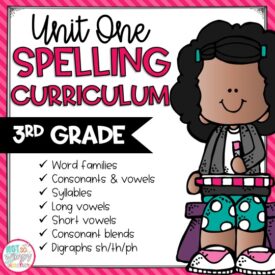
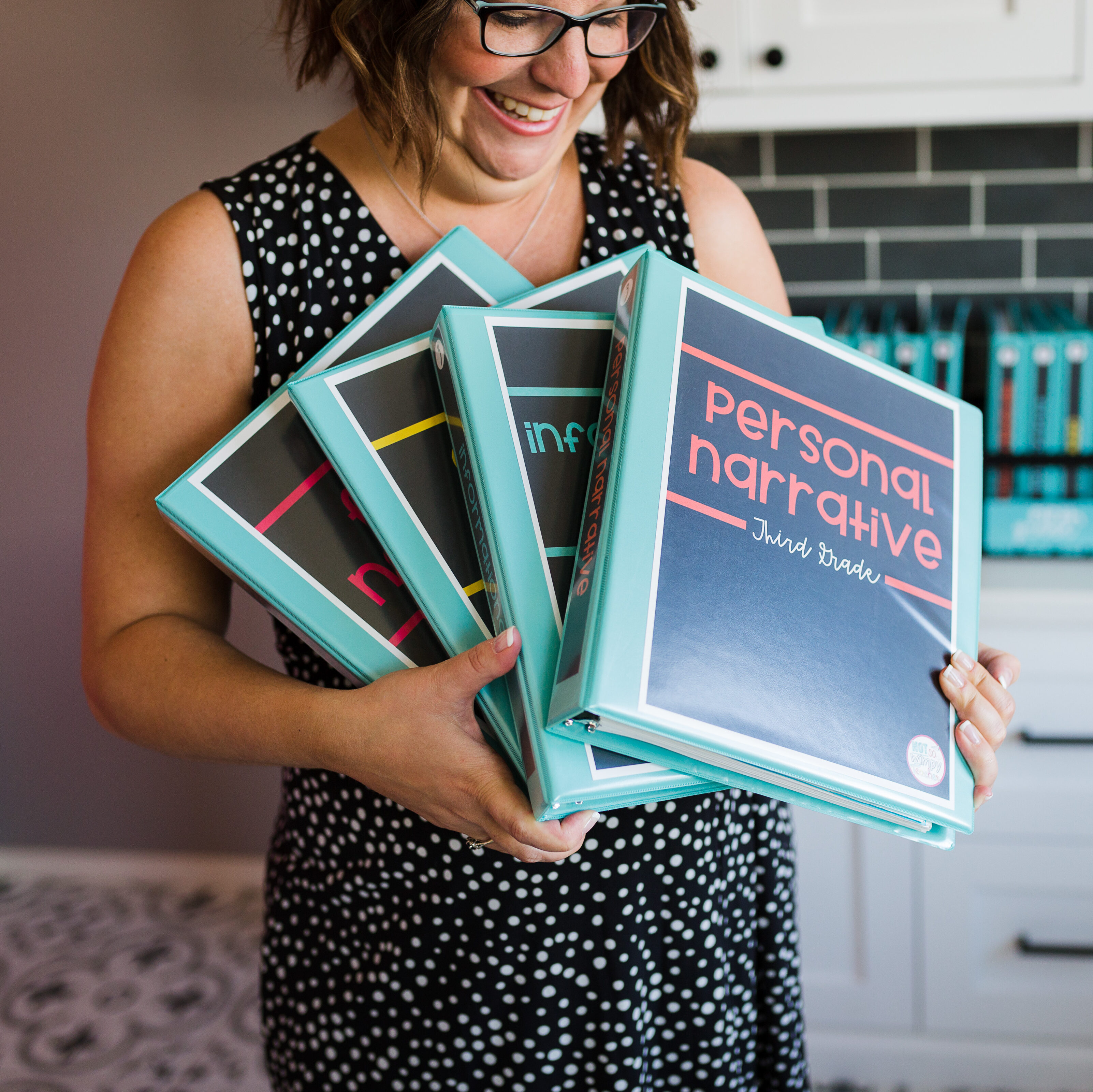

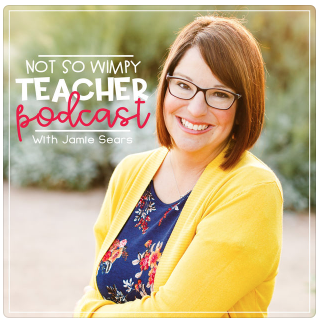




 End of Year Carnival Week for grades 2-5!
End of Year Carnival Week for grades 2-5!
Will there be additional dates? I am still teaching this year through the 25th of June.
Listening to the training live is best because there will be bonuses that only those watching live will receive. However, if you can’t make it on those dates, sign up anyway and a replay link will be emailed the day after the live training.
Jamie, I’d love to sign up but will be in a location with spotty if any internet. Any ideas? Yes
Hi there!
Listening to the training live is best because there will be bonuses that only those watching live will receive. However, if you can’t make it on those dates, sign up anyway and a replay link will be emailed the day after the live training.
How long is the training? One hour?
Hi Heather,
Yes, the training will last about an hour. I hope you’ll join me!
Jamie I want to sign up for this workshop but I am moving grade levels. I will be teaching 1st grade in the fall. Do you think this would be something that would still work for first graders?
Hi there!
Thank you for your interest. The training is tailored to teachers in grades 2-5. Those are the grades I have the most experience and want to be sure the training is the perfect fit.
Jamie, I would love to sign up for this workshop but I am teaching kindergarten. Do you think that will be helpful for my kindergarten class?
Hi there!
Thank you for your interest in the training. Since my experience is in grades 2-5 I tailor my workshops and resources to those grade levels. I’m so sorry, I do not have training available for kindergarten teachers.
Where can I find the anchor charts/activities that are pictured in this post?
Hi Jen,
Those anchor charts are part of our Starting Writers Workshop kit. The kit is just one of the bonuses you receive when you enroll in the Writng Masterclass. You may also find this blog post helpful with a link at the bottom. https://notsowimpyteacher.com/2017/07/how-to-start-writing-workshop-at.html
Hi! I just found your resources on writing and I am so excited. I saw your video on how to set up writer’s workshop and teach procedures the first 2 weeks of school. Is it still possible to get the resources? I couldn’t find the link and wasn’t sure if they were part of a bundle in your tpt store or not. I would love to get these to help me get started with my writer’s workshop this year. Thank you for your help!